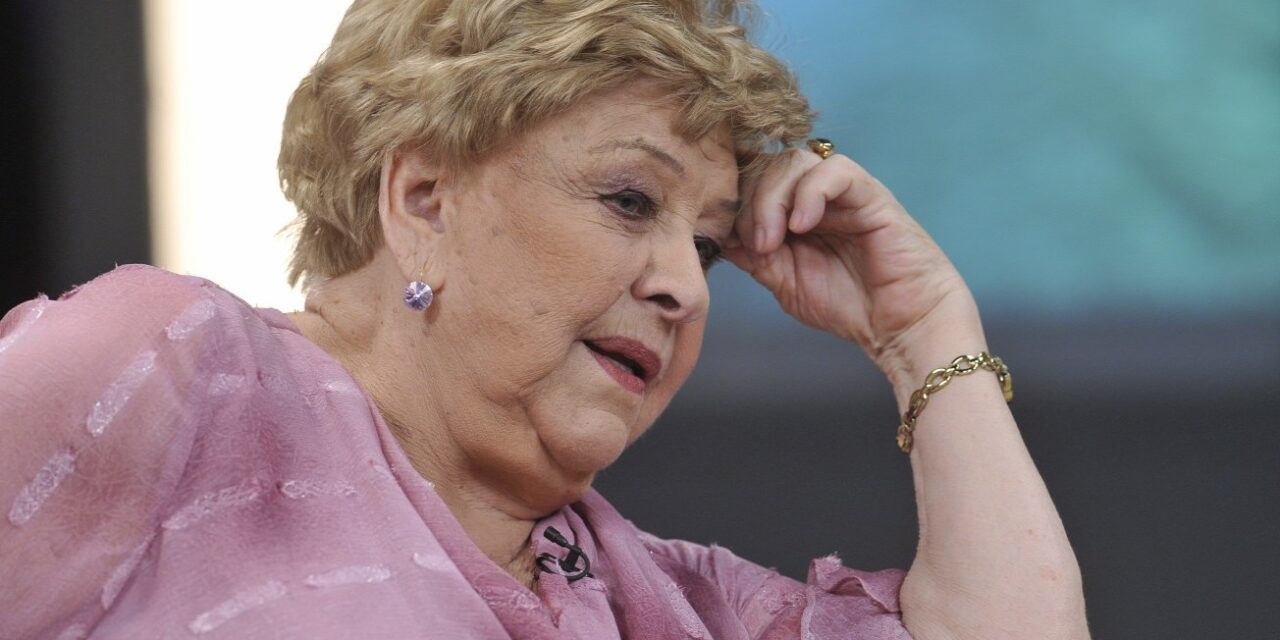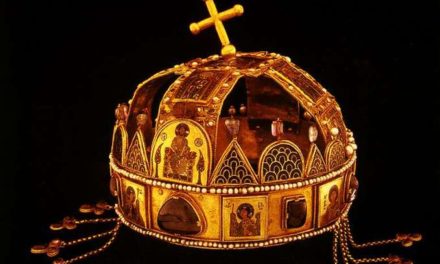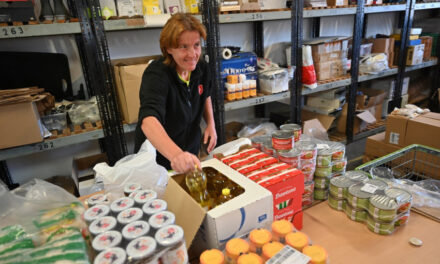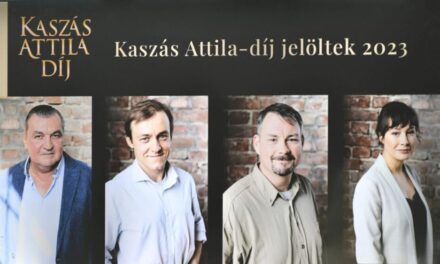The Kossuth, Mari Jászai and Béla Balázs award-winning dramatist still maintains his beautiful childhood tradition inherited from his mother.
The show Names, shown on weekday evenings on the Danube, deals with the meaning of first names, their formation, and their effect on the wearer. Linguist and university lecturer Ádám Pölcz presents the interpretation of traditional first names, their origins, and the myths associated with them, while public figures tell the viewers personal family aspects and stories.
In the section presenting the name Erzsébet, the viewers were able to learn about the history of its formation and its best-known representatives. The earliest Elizabeth was the mother of Saint John the Baptist, and Saint Elizabeth of Árpád-házi, who lived in the 13th century, is better known than her. Because of his charity in distributing his wealth, he was a model of spiritual nobility and mercy, as well as the patron of the poor, the sick, orphans and widows.
Its most frequent representation is related to the "miracle of the rose". According to this, she took leftover food to the poor near the castle in her apron, and when her husband surprised her, hiding her charity, she said that there was a rose in her apron, and then the bread in Erzsébet's apron really turned into a rose.
Her mother shared this story with Erzsi Pásztor when she was a little girl. " Even though it's a name day, I had to go to church every birthday, I brought roses and money to my patron saint, St. Elizabeth. This stuck with me so much that I keep this habit to this day. Now I don't always bring flowers, but I always throw money in and I always go, if only in memory of my mother".
Business cards - on weekdays from 18:40 on the Danube. The program can also be seen on the M5 cultural channel from February 11.
Source: hirado.hu
Cover photo: MTI/Zsolt Zih












